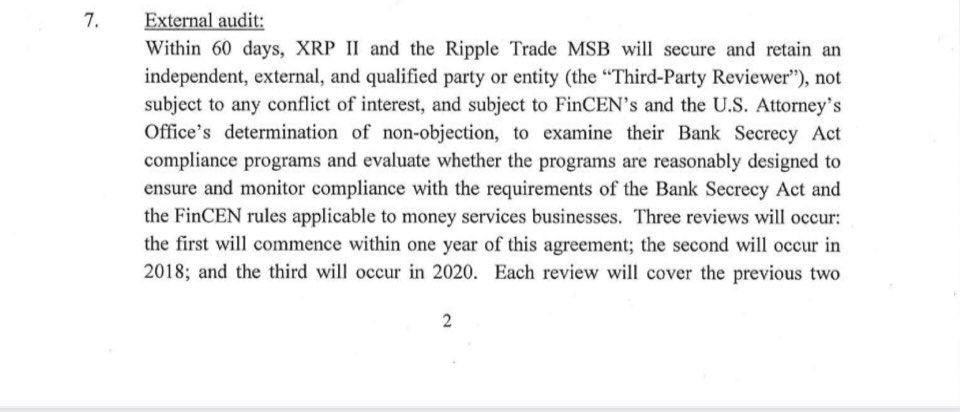
When the SEC sued @Ripple and #XRP tanked and people got liquidated and lost their life savings, some people said “they deserve it for being stupid” or “for investing in a shit coin.” I see similar comments regarding #Luna / #UST. People make mistakes. We all have at some point.
Financial education, especially in the United States 🇺🇸, is nonexistent. Unless your an evil human being, you don’t “deserve” to be financially devastated. Some very successful financially savvy people were high on #Luna, just as some were / are on #XRP.
Hell, @novogratz got a #Luna tattoo and he is as sophisticated as investors come. The point is smart people were invested. I’m not excusing laziness and I’m not suggesting that you should feel sorry for anyone b/c they made a bad decision or what you consider a stupid decision.
No one is entitled to your sympathy. That’s yours freely to give when you deem it appropriate.
There’s a significant difference from not being sympathetic and celebrating the pain of innocent people.
There’s a significant difference from not being sympathetic and celebrating the pain of innocent people.
There are lives behind the grave statistics. There are good people behind the massive losses. You can call people naive, lazy, greedy, etc., and maybe some of it is true. You wanna say “I told you so?”
That’s fine.
That’s fine.
But cheering or celebrating or making fun of the the fact that people lost everything is shameful. If you’re an #XRPHolder I’m sure you recall those that celebrated at your loss.
Just now I learned 8 people have taken there life over the shame and terror of losing it all. 💔
Just now I learned 8 people have taken there life over the shame and terror of losing it all. 💔
https://twitter.com/terranaut3/status/1524818551366098944
• • •
Missing some Tweet in this thread? You can try to
force a refresh





